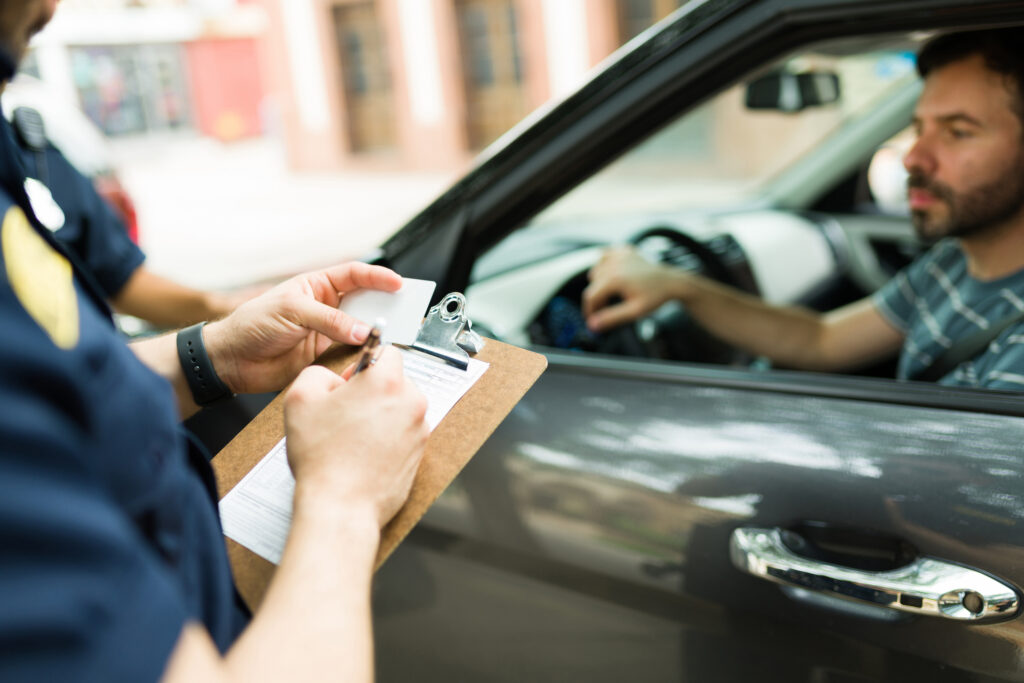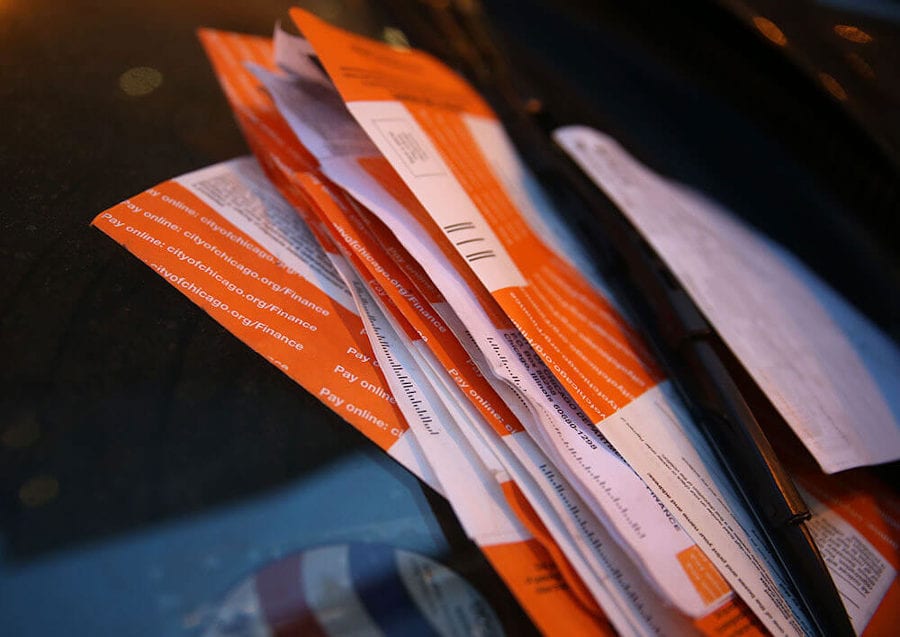Everyone knows that driving under the influence – DUI – is against the law, but you may not realize how extensive and serious the penalties can be, even for a first offense. If you are charged with DUI in or near Chicago, you must be advised and represented by a Chicago DUI attorney.
In 2020, more than 20,000 drivers were arrested in this state and charged with driving under the influence. The enforcement of DUI laws is aggressive in Illinois because DUI is so dangerous. In fact, more than 250 people lost their lives in alcohol-related traffic accidents in Illinois in 2020.
In some ways, a DUI conviction is like a conviction for any other offense in Illinois. A convicted offender may be penalized with a fine, probation, time in jail, and in the most egregious cases, a prison term. DUI offenders, however, are also penalized with driver’s license suspensions.
How long will your license be suspended if you are convicted of DUI? What can you do to have your license restored? If you’ll keep reading, you’ll learn the answers, but if your own license is at risk for suspension or has already been suspended, speak with a Chicago DUI lawyer at once.
What if You Refuse a DUI Test?
“Implied consent” for breathalyzer testing applies in Illinois. This means that by choosing to drive in this state, you have legally given your implied consent to being tested for your blood alcohol content (BAC). However, a police officer cannot force you to take a breathalyzer test.
If you are stopped in traffic for suspicion of DUI and you refuse a police officer’s request to take a breathalyzer test, your driver’s license will be suspended for a year if you are a first-time DUI offender. For a second refusal within a five-year period, your driver’s license will be suspended for three years.
However, if you take the breathalyzer test, and if it indicates that you are over the “legal limit” – a blood alcohol content level that measures at or over 0.08 percent – your license will be suspended for six months (or for one year if it’s your second offense within a five-year period). A license suspension prompted by refusing or failing a breathalyzer test is called a “statutory summary suspension.”
Can You Challenge a Statutory Summary Suspension?
A statutory summary suspension of your driver’s license begins 46 days after the date you receive a suspension notice, which is typically the day you were arrested for driving under the influence or immediately thereafter.
Statutory summary suspensions are automatic and are entirely separate from the DUI charge itself. First-time offenders may apply to drive with a restricted driving permit during the statutory summary license suspension period.
A license suspension prompted by a refusal to test or by failing a breathalyzer test may be challenged with help from a Chicago DUI attorney, who will file a Petition to Rescind the Statutory Summary Suspension with the court on your behalf. Challenging a license suspension, however, does not delay its start date.
What Happens to Your License if You Are Convicted of DUI?
Statutory Summary Suspensions are entirely separate from license revocations that are imposed for DUI convictions. For a first DUI conviction in Illinois, your driver’s license will be revoked.
A revocation is different than a suspension. When a license is suspended, it can easily be reinstated at the end of the suspension period. However, when a license is revoked, there is not pre-determined time where the license will be valid again.
Instead, a driver who is revoked must petition the Illinois Secretary of State to grant them their driving privileges. This can be a long, expensive, and difficult process. If possible, it is best to avoid a DUI conviction in the first place.
How Can You Avoid A DUI Conviction?
All cases are different and sometimes it is not possible to avoid a DUI conviction. However, it is always wise to contact a Chicago DUI lawyer to help fight the charges.
Depending on the facts and circumstances of the case, DUI charges can be dismissed or the driver can be found Not Guilty of DUI at trial. In both scenarios, the driver avoids a DUI conviction and negative consequences that come with that.
Additionally, for many first-time offenders, it may be possible to get Court Supervision on a DUI charge. Court Supervision allows an Illinois driver to avoid a conviction by agreeing to be monitored by the court, complete treatment classes, pay fines, and other conditions the court deems necessary.
As mentioned, not all drivers charged with DUI can obtain supervision. In some cases, court supervision may not even be the best outcome. However, it is far greater than a DUI conviction.
What About DUIs With Aggravating Circumstances?
After a fourth conviction for DUI in Illinois, your license is revoked for life, but that doesn’t necessarily mean that you can never drive again. After five years of revocation, and with proof of three years of abstinence from alcohol and drugs, you may apply for a restricted driving permit.
If you injure or kill another person while driving under the influence, the penalties are harsher than the penalties for “standard” DUI charges. The license suspension periods are the same, but drivers who have killed or injured others do not qualify for restricted driving permits.
Charged With DUI? What Steps Should You Take?
If you are charged with driving under the influence in or near the Chicago area, whether or not you submitted to a breathalyzer test, you must be advised and represented by a Chicago DUI lawyer, and you must contact that lawyer at once.
Your lawyer will help you fight a driving under the influence charge and a driver’s license suspension. To fight your DUI charge, your attorney may challenge:
- the reason why you were stopped by the police
- the results of the breathalyzer test
- the credentials of the officer who administered the test
- the testimony of the arresting officer
- many other things.
What Else Should You Know About DUI in Illinois?
Failing a breathalyzer examination – or refusing to take one – does not necessarily mean that you will be found guilty of DUI, but if you are charged with driving under the influence in the State of Illinois, you should know that the penalties will be harsh if you are convicted.
As mentioned previously, the legal penalties for a DUI conviction include fines, probation, jail, and in the most serious cases, a prison sentence. Apart from the legal penalties, a DUI conviction can put your job at risk, particularly if you drive for a living or if your work involves driving.
If you are not a U.S. citizen, a DUI conviction may impact your immigration status. If you hold a professional license, a DUI conviction may trigger disciplinary action by your professional licensing board.
A Chicago DUI defense lawyer will investigate the charge against you, protect your rights, and work to bring your case to its best possible outcome. If you are charged with driving under the influence, put your case in the hands of a DUI defense lawyer as quickly as possible.



